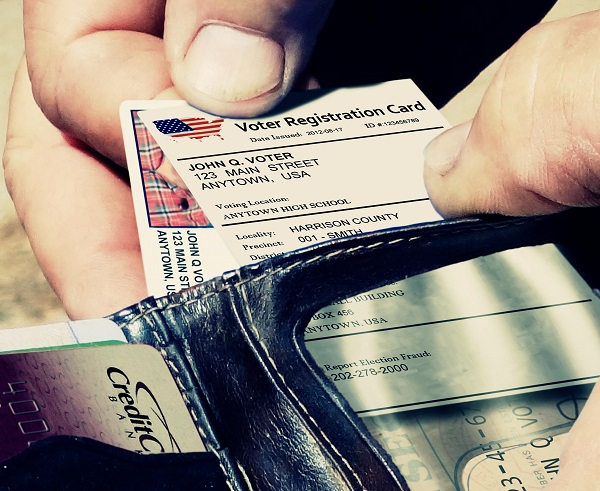
Wisconsin, North Dakota, Texas and North Carolina all had voter fraud laws struck down recently by various federal courts. In each case, the state law in question was found to disenfranchise nonwhite voters. North Carolina was the leader of this pack, with laws that the Court found to be tailored with “surgical precision” to disenfranchise black voters. All of these cases come a mere 3 years after the U.S. Supreme Court struck down essential parts of the 1965 Voting Rights Act in Shelby County v. Holder. In that case, the Supreme Court determined that the Act’s more “extraordinary measures” and “disparate treatment of the states” were no longer necessary tools to combat voter discrimination. Previously the Act had required that states identified with a history of discrimination obtain approval from the federal government before they could make changes to their election laws that might restrict voting rights. Looking at the named four states, only parts of North Carolina had been specifically targeted by the 1965 Act. But with the exception of Texas, the offending laws for each of these states had been enacted shortly after the Supreme Court’s Shelby County ruling.
Minnesota enjoys high voter participation, likely the result of such voter-friendly tools as same-day and online registration. However, Minnesota’s voter registration has not always been completely inclusive. The word “white” remained in the Minnesota statutory requirements for voter registration until 1868, and Minnesota only ratified the 15th Amendment in 1870. Even today, Minnesota’s big voter disqualifier remains the ineligibility of felons to vote until their civil rights have been completely restored, including (sometimes lengthy) time spent on probation or parole. It can be argued that the effect of felon disenfranchisement is disproportionately race-skewed, and some might say intentionally so, given that many such laws were enacted shortly after the Civil War.
If you would like to learn more about the history and application of the Voting Rights Act, consider reading The Most Fundamental Right: Contrasting Perspectives on the Voting Rights Act edited by Daniel McCool. It is available here in the law library. If you would like to hear more about voter eligibility and registration in early Minnesota, be sure to attend our program this September 26, wherein Dr. William Green will present “Civil Rights in Minnesota: The Early Years.”